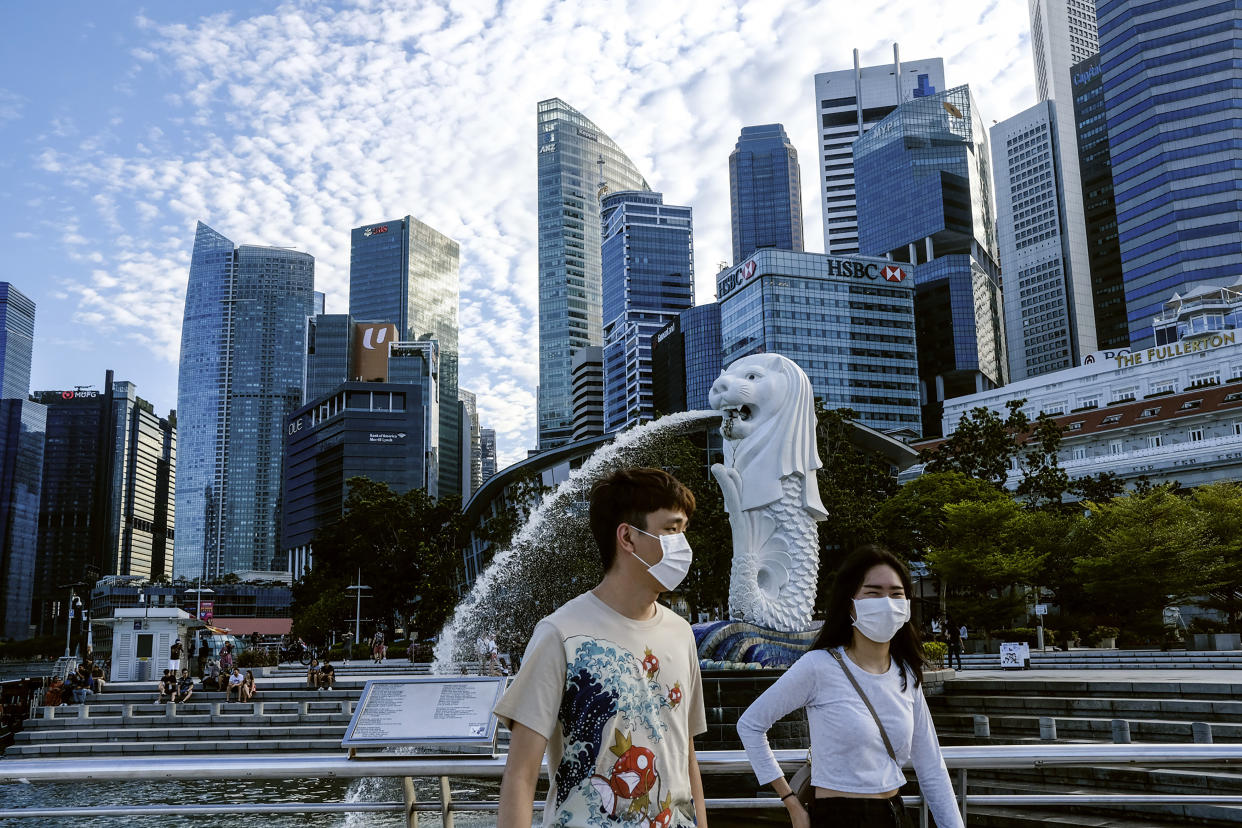Will the Singapore Resilience Budget be enough?

By Ajay Kumar Sanganeria and Harvey Koenig
SINGAPORE – Though it has been just over three months since the Covid-19 outbreak, its pronounced impacts on supply and demand have been felt all over the world.
This pandemic is nothing the world has ever experienced before. International travel has been grounded to a halt, local businesses shuttered, and for many, our new reality requires a great amount of agility, resilience and hope. As countries grapple to manage this virus, it is predicted that the economic ramifications will extend beyond a year at the minimum.
The Resilience Budget that Deputy Prime Minister and Finance Minister Heng Swee Keat announced on 26 March came just five weeks after his Unity Budget in February, demonstrating how the situation has escalated faster than anyone had anticipated.
While the bulk of the Unity Budget focused on supporting sectors that were immediately affected, the scale of COVID-19 has now extended well beyond these sectors and across the entire nation’s economy.
This is also why the Resilience Budget had to provide greater support to ensuring that people remain employed, and that businesses not only stay afloat during this difficult period, they also use this time to transform to rebound stronger after this episode.
We applaud the government’s swift and decisive response. Providing support of close to S$48 billion at the cost of incurring the largest budget deficit in history is extraordinary and commendable.
The Resilience Budget provides a comprehensive and holistic package for individuals and businesses alike, with greater support for the most affected industries, namely tourism, aviation, food services, land transport and arts and culture. The enhanced Jobs Support Scheme which extends support for nine months is a very generous and well-needed measure. The government also chose to waive government fees and charges for a full year.
In our earlier recommendations for Budget 2020, KPMG proposed the deferral of tax payments as a quick way to help with companies’ cash flow. This suggestion was adopted and companies and self-employed persons can defer their tax payments by three months. We hope this could be extended for a longer period, and possibly apply to other forms of tax, such as GST and property taxes, should the situation warrant it.
The need for transformation during this downtime continued to be a key message in the Resilience Budget announcement, and we are glad that significant enhancements have been made to the Enterprise Development Grant and Productivity Solutions Grant. The increase in funding support of 90% and 80% respectively are extremely generous, and can better support businesses to make full use of digital technologies in this period. Digital technologies will not only protect their business better, but also prepares and positions them for growth once we return to normalcy.
More Flexibility
Though the Resilience and Unity Budgets have been unprecedented and generous, two areas that could have been explored further are measures that include larger businesses and additional measures to help with cash flow.
On the former, there should be more flexibility to offer the benefits of the Enterprise Development Grant to larger companies as well, and possibly a similar transformation support given by the Economic Development Board to international groups headquartered in Singapore. We are seeing larger businesses reprioritise projects to only focus on keeping current business operations while deferring “non-essential projects”. This would dampen and slow the pace of transformation and moving Singapore to claiming her place as the “Transformation Capital of Asia”.
Secondly, DPM Heng reinforced the importance of investing in R&D in his announcement. With a focus on cash for companies, perhaps the government would allow the option for companies to opt for cash payouts instead of tax deductions when investing in R&D or other innovation-related and product development activities.
On the whole, the additional measures announced in the Resilience Budget is unparalleled and exactly what the economy needs right now. Should the situation worsen, the government has also given assurances that it would do what is necessary to intervene and help.
But ultimately, this episode continues to remind us that it is quintessential to adopt a growth and transformation mindset, to be on the defensive to be as prepared as we can for and during uncertain times.
With the government’s support, it gives individuals and companies a boost to help them keep jobs while maintaining afloat. It is now up to businesses to make use of the schemes in place to transform and ready themselves to be on the front foot the moment the crisis ends.
Ajay Kumar Sanganeria is Deputy Head of Tax, KPMG in Singapore and Harvey Koenig is Partner, Tax, KPMG in Singapore.



